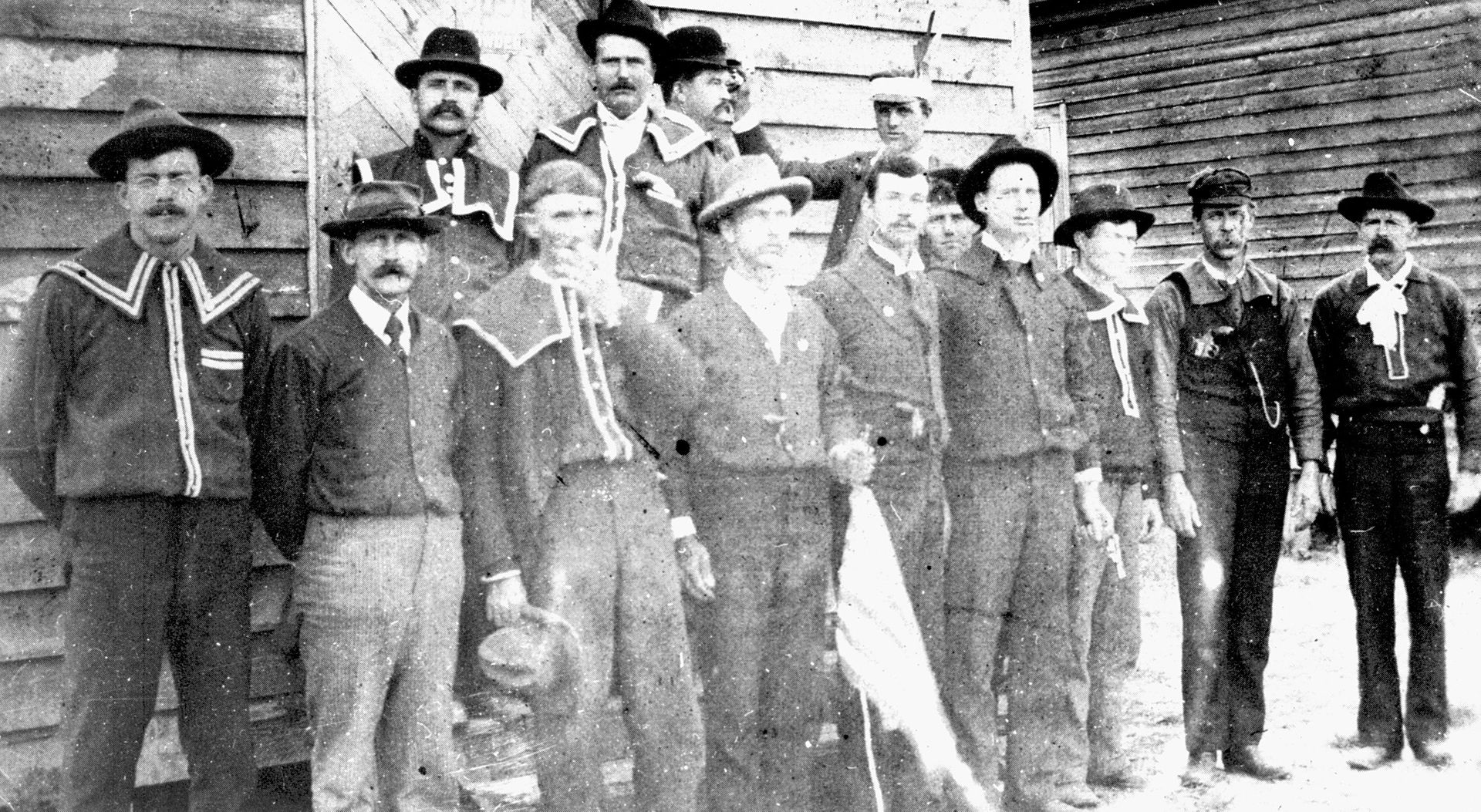
America’s Only Successful Coup d’Etat: It was against black political power
In 1898, a group of white vigilantes—angry and fearful at the newly elected local government made up of duly elected black politicians—joined forces with area militias to rain terror on Wilmington, North Carolina, then the South’s most progressive Black-majority city. The Wilmington, North Carolina massacre decimated Black political and economic power in the city for almost a century.
After the coup, more than 100 Black government officials—city councilmen, the city clerk, the treasurer, the city attorney and others—had been forced from their elected roles. Somewhere between 60 and 250 Black citizens were murdered. No one was ever prosecuted or punished for the coup and, more than 100,000 registered Black voters fled the city. No Black citizen would again serve in public office for three-quarters of a century.
In the years leading up to 1898, Wilmington stood as the most progressive city in the American South.
By 1896, nearly 126,000 Black men in Wilmington were registered voters. The city’s flourishing Black middle class boasted some 65 doctors, lawyers and educators, scores of barbers and restaurant owners, public health workers, members of the police force and the fire department. And just three decades after Emancipation, Black Republicans held multiple positions of power, serving as city councilmen, magistrates and other elected officials.
The integration resulted from Fusion politics, a political phenomenon in North Carolina that joined the Populist Party (comprised mostly of poor, white farmers) and the Republican Party (the political affiliation of choice for freed Black Americans) into one entity. They aligned against the Democrats, a party composed of wealthy white segregationists who white populists believed cared more for the interests of banks, railroads and affluent constituents than of the common man.
Together, the Populists and Republicans seized the political majority, sweeping the state in 1894, electing Republicans to local state and federal seats and ousting Democrats from political power.
The Wilmington coup is considered a turning point in post-Reconstruction North Carolina politics. It initiated an era of more severe racial segregation and effective disenfranchisement of African Americans throughout the South, a shift which had been underway since the passage of a new constitution in Mississippi in 1890 which raised barriers to the registration of black voters.
Many of the organizers went on to participate in North Carolina politics. Charles Aycock became the 50th Governor of North Carolina, John Bellamy became a North Carolina Senator and US Congressman. Josephus Daniels was appointed Secretary of the Navy, by President Woodrow Wilson, during World War I. He also became close friends with Franklin D. Roosevelt, who appointed him Ambassador to Mexico between 1933 and 1941. Robert Glenn became a North Carolina State Senator, then Governor of North Carolina and an ordained minister. Other organizers like Tim Jarvis Helped found East Carolina University, where the school’s oldest residential hall is named in his honor. In Greenville, North Carolina, the United Methodist Church and a street are named in his honor.



